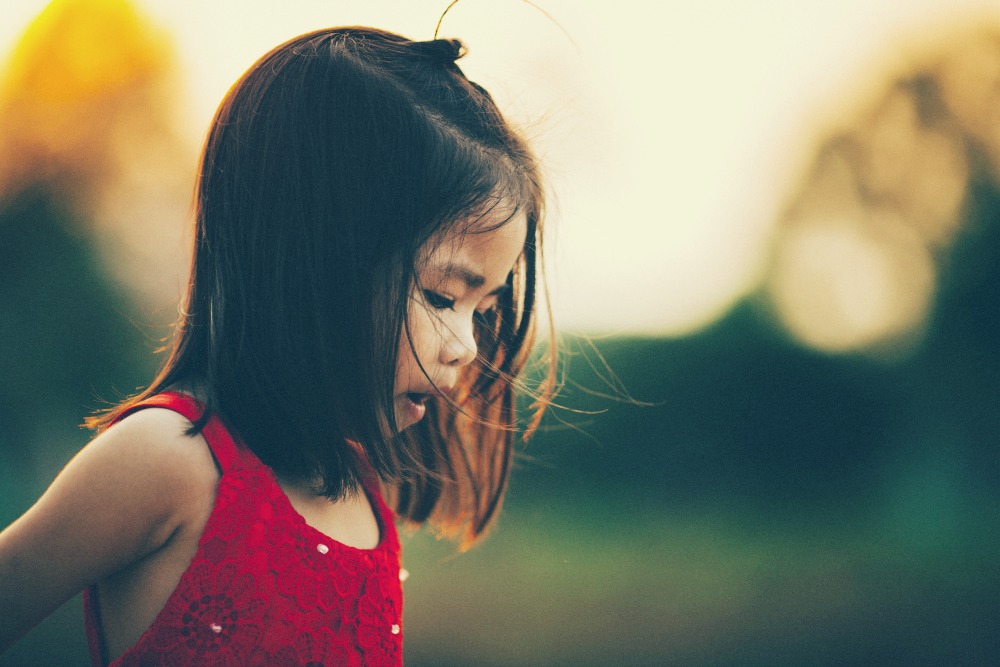As a family therapist for over 25 years, I have had the absolute privilege of walking side by side with thousands of families – families suffering from addictions, life-changing mental health diagnosis, families with complex medical needs, children without families, and families who have suffered devastating losses of children.
In graduate school, we were taught many ways to support each family. But the single greatest approach, in my opinion, is the Strengths Based Theory. This theory holds that every single person and every single family has strengths. The answer to positive change and greater happiness lies in those unique strengths.
You might be wondering why one would need a Masters Degree for that skill, and I would agree. We should all be looking for the strengths in ourselves, in each other, and in every person we meet, regardless of our background.
Finding those strengths can be hard though, especially when one of our kids is driving us crazy. It often requires taking a deep breath, thinking, looking, feeling, and asking the right questions to find our own strengths, let alone our child’s. But there is magic in this way of viewing the world. Once we begin to look for strengths, we start finding them in the most amazing places and are able to see more and more of them in the people we love most.
Each person can deal with the tough stuff life has to offer. Each person, in fact, already has the tools to do that. Sometimes our kids just need to know the tools are within their reach and get a little practice using them.
Isn’t this what we all want our kids to know? Tough stuff is going to happen, but you can handle it!
Here are ten things we can do to raise extraordinary human beings, who recognize their own strengths and know how to use them:
-
Wrap everything you do in unconditional love.
Love your children with crazy, unshakable love. Be sure they know that no matter what they say, what they do, or who they become, that you will love them. Always. Tell them, show them, and live unconditional love. That doesn’t mean love everything they do. Hold them to your expectations. That’s part of unconditional love. They need and want limits. Loving limits.
The ultimate lesson all of us have to learn is unconditional love, which includes not only others but ourselves as well. – Elisabeth Kubler-Ross
-
Believe that each child is unique and special
Not special as in better than any other child in the world. Special as in there is only one you in the world. See and praise the strengths of each child. Stop comparing children to siblings or to other kids you know. Allow each child to be themselves.
Leave enough room to know that your child is growing and changing emotionally every day. They will not always be that strong-willed, stubborn child. They may mature into a highly passionate, caring young person. Give them room to become who they are supposed to be.
It takes courage to grow up to be who you really are. – e.e. Cummings
-
View challenges as things to conquer
Challenges are not something to be avoided. Life will bring challenges from the day we begin to the day we end. Raise your children to view challenges as reality and something you can overcome together.
Speak of challenges in terms of “How can we tackle this? What do we need? What is working? How can we do more of that?” And if the challenge is your child’s alone, ask him the questions, and let him find his own answers.
Life is not a challenge to be solved, but a reality to be experienced. – Soren Kierkegaard
-
Use positive language
Research shows us the power of positive thoughts to actually create and shape positive behavior. Use “can” instead of “could or should.” Use “get to” instead of “have to.” Shift your words to shift their thinking.
If we believe we can raise an extraordinary child, then we will. If we doubt our parenting every step of the way, perhaps our children will doubt their steps along the way, too.
Man often becomes what he believes himself to be. If I keep on saying to myself that I cannot do a certain thing, it is possible that I may end by really becoming incapable of doing it. On the contrary, if I have the belief that I can do it, I shall surely acquire the capacity to do it even if I may not have it at the beginning. – Mahatma Gandhi
-
Accept change
Every day, every developmental milestone, represents a change. Believe that change is exciting, and be ready for whatever comes next. Every day is part of the journey. There is never an end to parenting or being a kid. Rather than miss the old days or long for the next stage, enjoy the stage you are in. Live in the moment and enjoy those moments.
Your kids will never be this age again. But also, they will never have this same parent again. You are growing and changing, too. Give them the best you have today. Yesterday is done, and tomorrow is not yet here.
Realize deeply that the present moment is all you have. Make the NOW the primary focus of your life. – Eckhart Tolle
-
Build on interests
Let your kids try as many interests as they can imagine. Give them paper and a brush, build tree houses, play a sport in the back yard, listen to music, explore possible passions. Expose your kids to as many different places and people as possible. Travel if you are able, or have a pen pal from some faraway place.
Show them their role in the world, whatever that may be. What is yours? Tell them about what you do, or what you dream of doing someday. Show them how to find their passion.
The two most important days in your life are the day you are born and the day you find out why. – Mark Twain
-
Develop competence
Let your children fail. Let them struggle. Allow them to master tasks on their own after trying really hard.
Children who believe they can handle it, can handle it. Children who believe something like cooking is dangerous or hard, will lose years or even a lifetime of not mastering that skill.
It is not what you do for your children, but what you have taught them to do for themselves, that will make them successful human beings. – Ann Landers
-
Communicate effectively
Just like we need to teach our children how to brush their teeth or how to fold a dress shirt, they need to be taught communication. Keep them talking.
Likewise, show them how to listen. Ask each other questions and, most importantly, speak kindly. Check out Apologies Made Easy or What is Your Communication Style?
When you talk, you are only repeating what you already know, but if you listen, you may learn something new. – Dalai Lama
-
Look for opportunities to give back
Doing for others teaches kindness, empathy, and tolerance. Give your kids opportunities to give back. Maybe that’s within her own family, at school, in her town or within the world in general.
Help her organize a drive at school or participate in the ones offered. If there is a fun run, have her participate. As a family, gather things you don’t use anymore or food and donate to the local shelter. Have her donate items that have value – not just the junk she doesn’t want anymore. Connecting kids to others and their community allows them to learn compassion and gratitude.
Life’s most urgent question is: what are you doing for others? – Martin Luther King Jr.
-
Build a community
Find your people, and build a life within those people. Build family friendships and hold tight to every bit of the ups and downs of those friendships. See the strengths and positives in your relatives, in your neighbors, and in your children’s friends. See the strengths so they, too, can build on those strengths. Then your whole community is strong and powerful.
Give more than you get. Say yes to babysit your friend’s kids. Say yes to family holidays together. Say yes to making a meal or giving a ride. When your children’s strengths are seen by others, they believe them more deeply. When your children see strengths in others, they are developing strength finding skills without even knowing it.
Use your tribe to help and be helped.
It takes a village to raise a child. – African Proverb
Extraordinary children are grown by extraordinary communities. Find your community and find your place in it. Challenge yourself to find the strengths in every person in your lives, and the transformation will be remarkable. You will feel happier and more positive and your children will have built resiliency. They will have developed the knowledge that they can handle anything life throws their way.
This article was initially published on Parent & Co and is republished here with full permission.
About the Author: Joy Hartman
 As a family therapist for over 25 years, Joy Hartman is passionate about empowering teens to become strong, confident adults! She works with teens of all ages and now has the unique experience of raising three moody, eye-rolling teenagers of her own. For more fun and support on this crazy roller coaster ride of parenting teenagers, join Joy and hundreds of other parents at: Joyhartman.com or Facebook
As a family therapist for over 25 years, Joy Hartman is passionate about empowering teens to become strong, confident adults! She works with teens of all ages and now has the unique experience of raising three moody, eye-rolling teenagers of her own. For more fun and support on this crazy roller coaster ride of parenting teenagers, join Joy and hundreds of other parents at: Joyhartman.com or Facebook



Leave a Reply